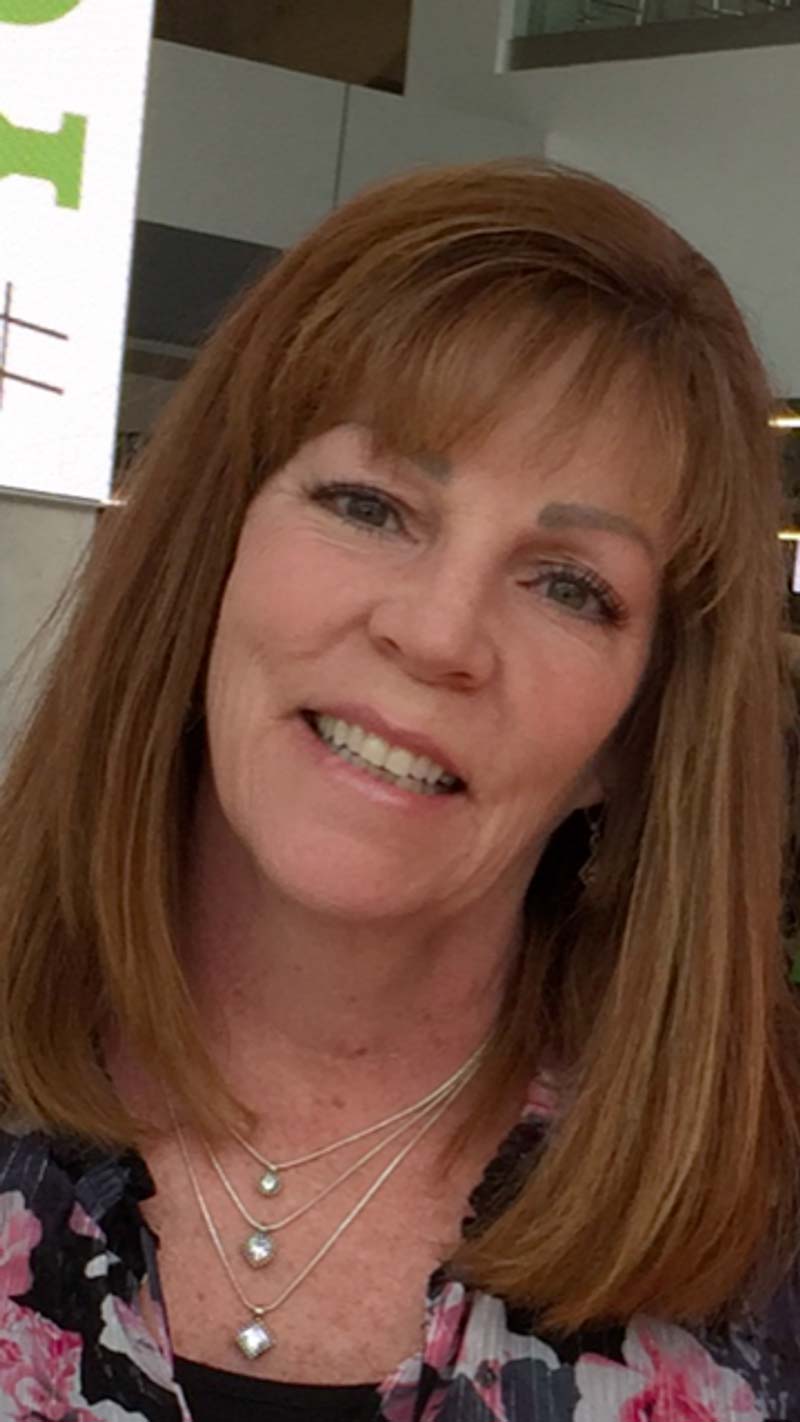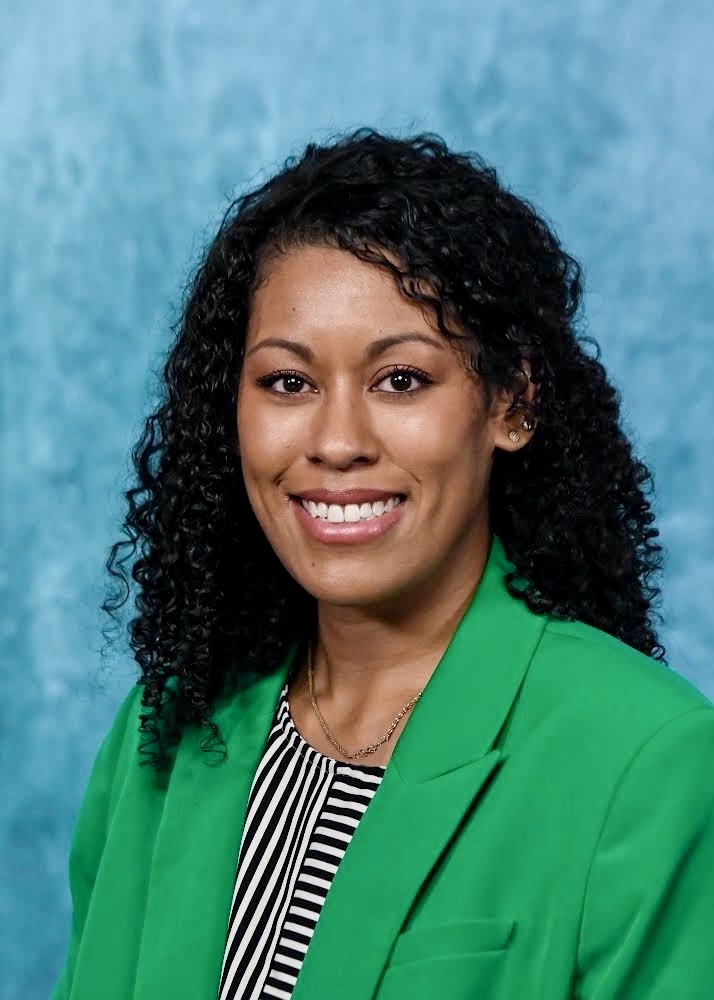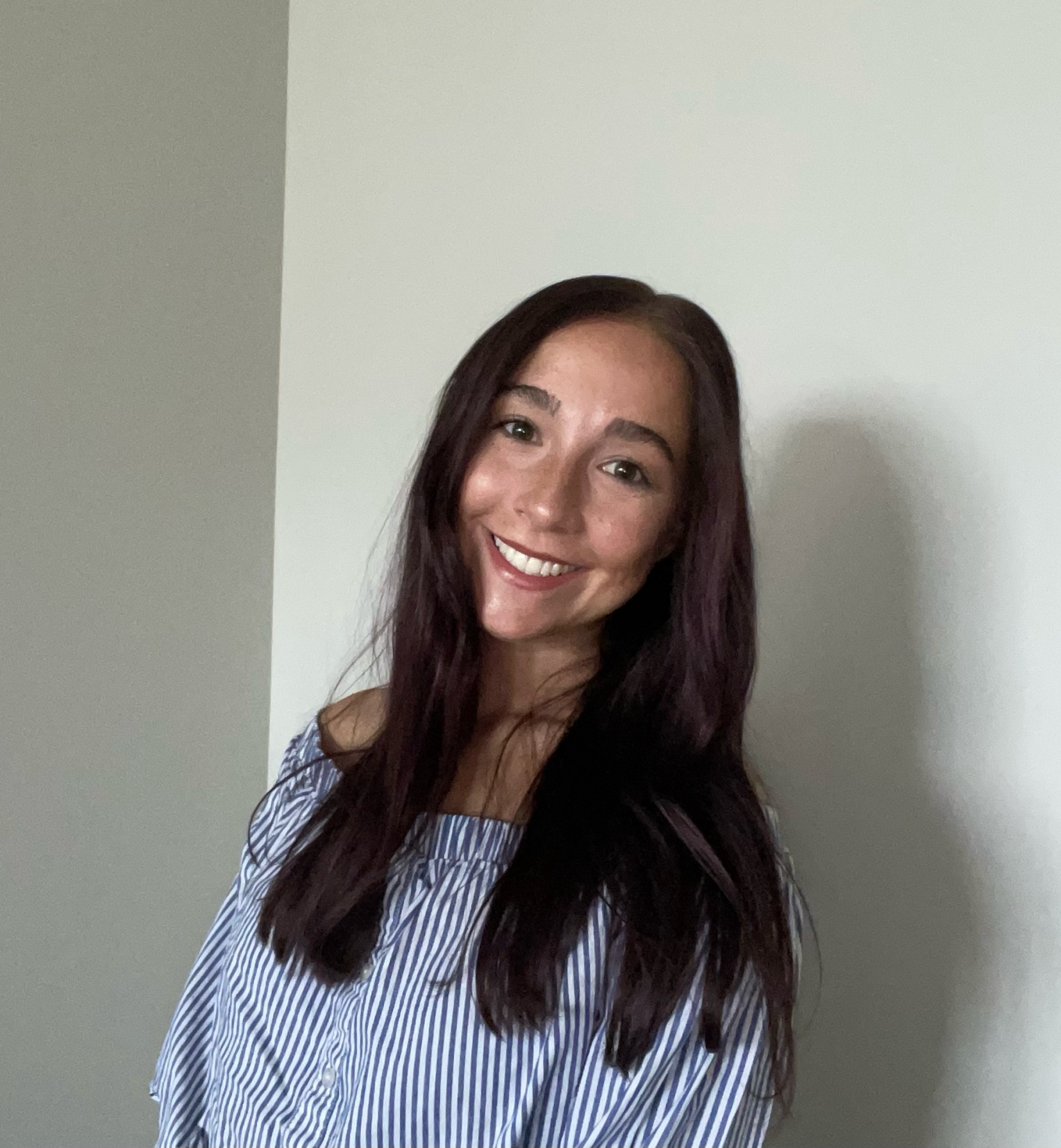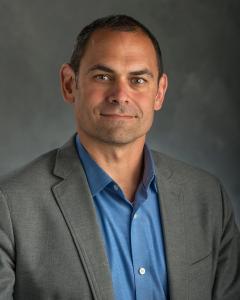Amy’s Story
On May 5, 2015, our family’s lives changed forever. Our third youngest daughter April called me in a breathless voice to tell me she didn’t think she was going to make it and that she loved me very, very much. As soon as my daughter acted upon her decision to take her own life, she immediately regretted it. After calling me, the line went dead because she made the decision to call 911. This call was the last call she would ever make. My daughter wanted help, she wanted to live! My daughter did not survive.
April was too young to understand her choices. She did not have the resources on her own to understand, nor did our family have the emotional, medical or legal resources to treat her depression. She tried desperately to hide her depression from everyone, including her own family. My daughter’s future was so bright and beautiful, but tragically gone in an instant.
The empowHER movement has already changed the lives of many young women, and it will change thousands more in the future. I ask myself often, ‘if my daughter had the opportunity to attend something as powerful and uplifting as empowHER for emotional support, would things have been different?’ I believe with all my heart the answer is yes! I’ve seen these young women transform before my eyes.
We need to continue helping our youth be strong, resilient, confident young adults who are not afraid to ask for help, if needed, and to educate them to support their peers in their own struggles. We need to support the caregivers of these young adults who may be struggling. We must provide the resources necessary for the caregivers to make well-educated decisions in helping their children.
For these reasons and more, I believe with all my heart that empowHER will change society and thousands of young lives — and that is the purpose of revealing our family’s story about our beautiful daughter. April’s story is not over, her struggles with mental illness will turn tragedy into triumph because “It’s ok not to be ok……as long as you reach out and ask for help!”



